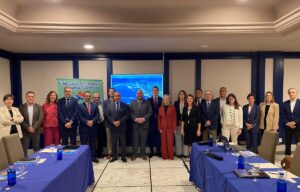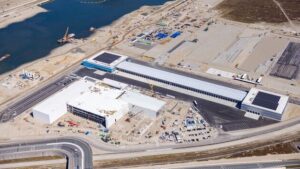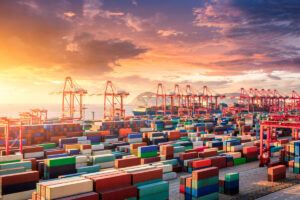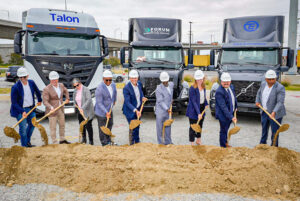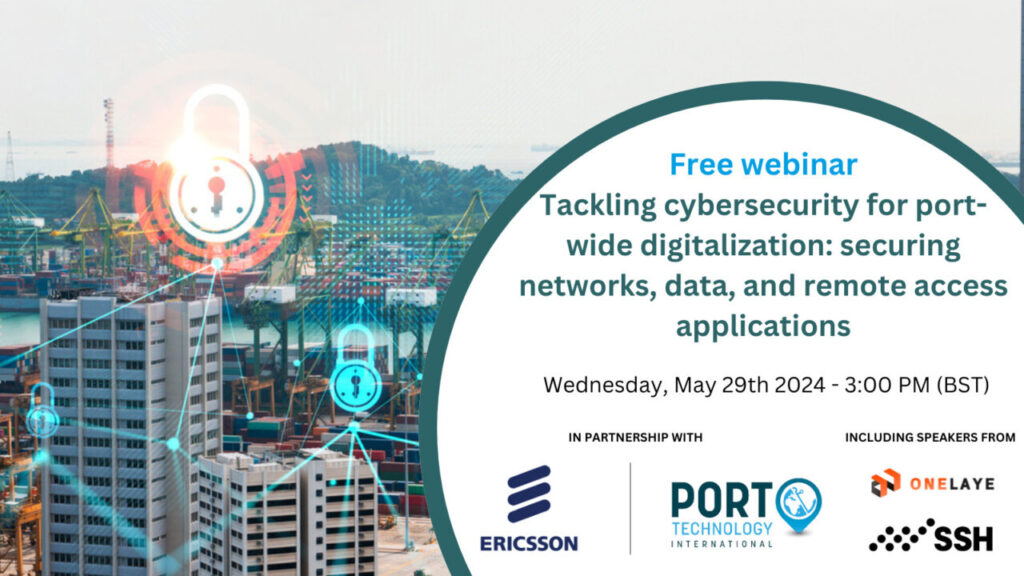The Japanese classification society ClassNK has given Mitsubishi Shipbuilding Co., Ltd. and NYK Approval in Principle (AiP) for a ship capable of transporting ammonia and liquefied CO2 (LCO2).
Mitsubishi Shipbuilding and NYK have been working on the technological development of ammonia or LCO2 dedicated carriers, and both companies have already been collaborating on the technical development of large LCO2 carriers.
With the acquisition of AiP, the two firms expect to combine their understanding of ammonia and LCO2 to pursue safe and cost-effective transportation of ammonia and LCO2 on the same carrier.
In such a scenario, the carrier can transport ammonia to thermal power plants during the outbound journey, and then transport the CO2 generated by the power plants back to storage sites during the return journey.
READ: Mitsubishi Heavy Industries and partners start on Japanese CO2 feasibility study
LCO2 carriers play a significant part in the Carbon dioxide Capture, Utilisation, and Storage (CCUS) value chain by effectively transferring collected and liquefied CO2 to storage locations.
Ammonia is gaining popularity as a next-generation renewable energy source that does not release CO2 during burning.
One month later, WinGD, and Mitsubishi Shipbuilding signed a Memorandum of Understanding (MoU) to enter into a partnership on ammonia-fuelled vessels.




